Unfertilized Citrus Seedlings?
jcaldeira
12 years ago
Related Stories
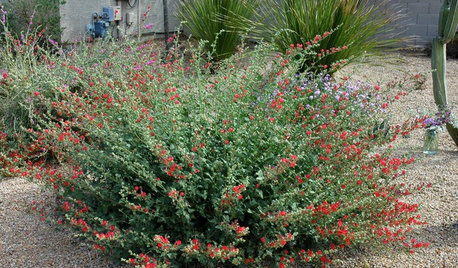
GARDENING GUIDESSouthwest Gardener's February Checklist
Orange you glad for a citrus-fertilizing reminder? And don't forget the recommended doses of vegetable seeds and cold-hardy flowers
Full Story
FARM YOUR YARDHow to Grow Vegetables in Containers
Get glorious vegetables and fruits on your patio with a pro’s guidance — including his personal recipe for potting mix
Full Story
SPRING GARDENINGTop 10 Scented Plants for Your Garden
A palette of perfumed plants can transform even the smallest of gardens into a sensory delight
Full Story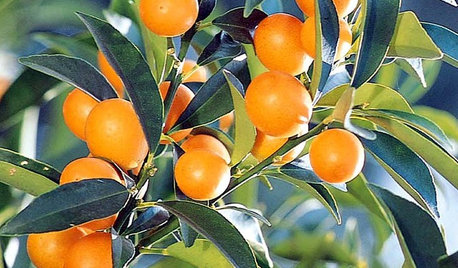
FALL GARDENING5 Fall Fruits You Can Grow in Containers
Brighten your porch or patio with a potted pomegranate, kumquat, blueberry bush or another great fall fruit
Full Story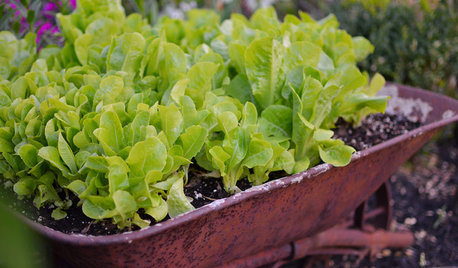
FARM YOUR YARD10 Easy Edibles to Grow in Containers
These herbs, vegetables and fruits are just as happy in a pot as they are in the ground
Full Story
GARDENING GUIDESSouthwest Gardener's March Checklist
Dust off your gardening tools and get busy pruning to help your trees and plants reach their full potential
Full Story
SAVING WATERHouzz Call: Are You Letting Go of Your Lawn?
Many facing a drought are swapping turf for less thirsty plantings. If you’re one of them, we’d like to hear about it
Full Story
ARBOR DAY8 Reasons to Plant a Great Tree
Beauty is its own reward, but the benefits of planting the right tree in the right place go way beyond looks
Full Story
NATIVE PLANTSGreat Design Plant: Wild Bergamot, Friend of Foragers
Nourish butterflies and other winged creatures with the tubular flowers of Monarda fistulosa, a pretty pink native
Full Story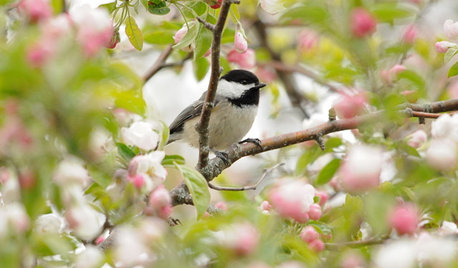
SPRING GARDENINGSpring Gardens Are Waking — Here’s What to Do in March
Excitement fills the air when gardens come back to life. These guides will help you make the most of yours
Full Story





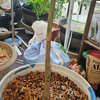
citrange2
jcaldeiraOriginal Author
Related Professionals
Milwaukee Landscape Architects & Landscape Designers · Tomball Landscape Architects & Landscape Designers · Milford Landscape Contractors · Stamford Landscape Contractors · Athens Landscape Contractors · Canby Landscape Contractors · Dixon Landscape Contractors · Eagle Landscape Contractors · Eureka Landscape Contractors · Secaucus Landscape Contractors · Seven Hills Landscape Contractors · Waipahu Landscape Contractors · Weslaco Landscape Contractors · Palos Hills Landscape Contractors · Norridge Landscape Contractors